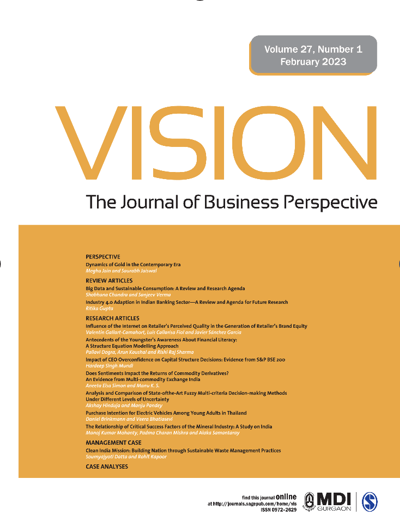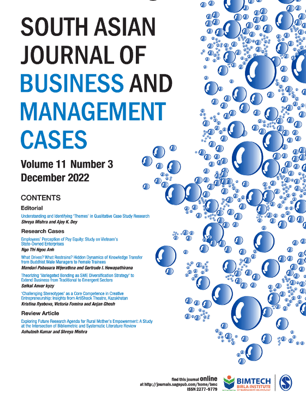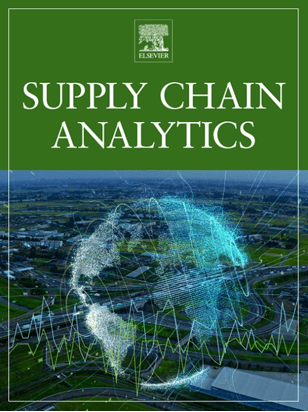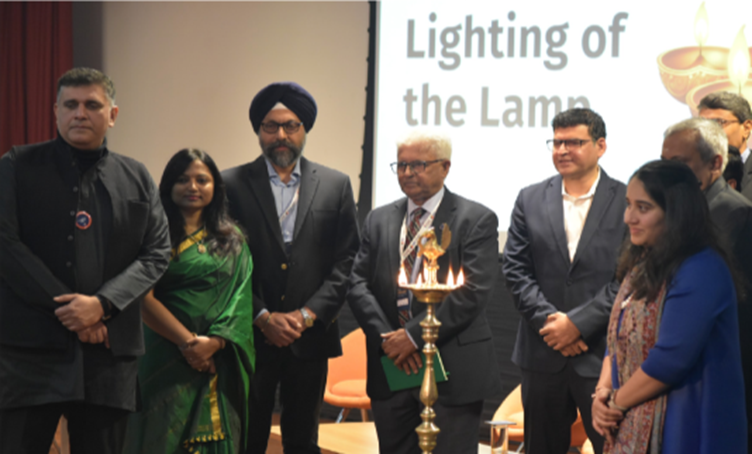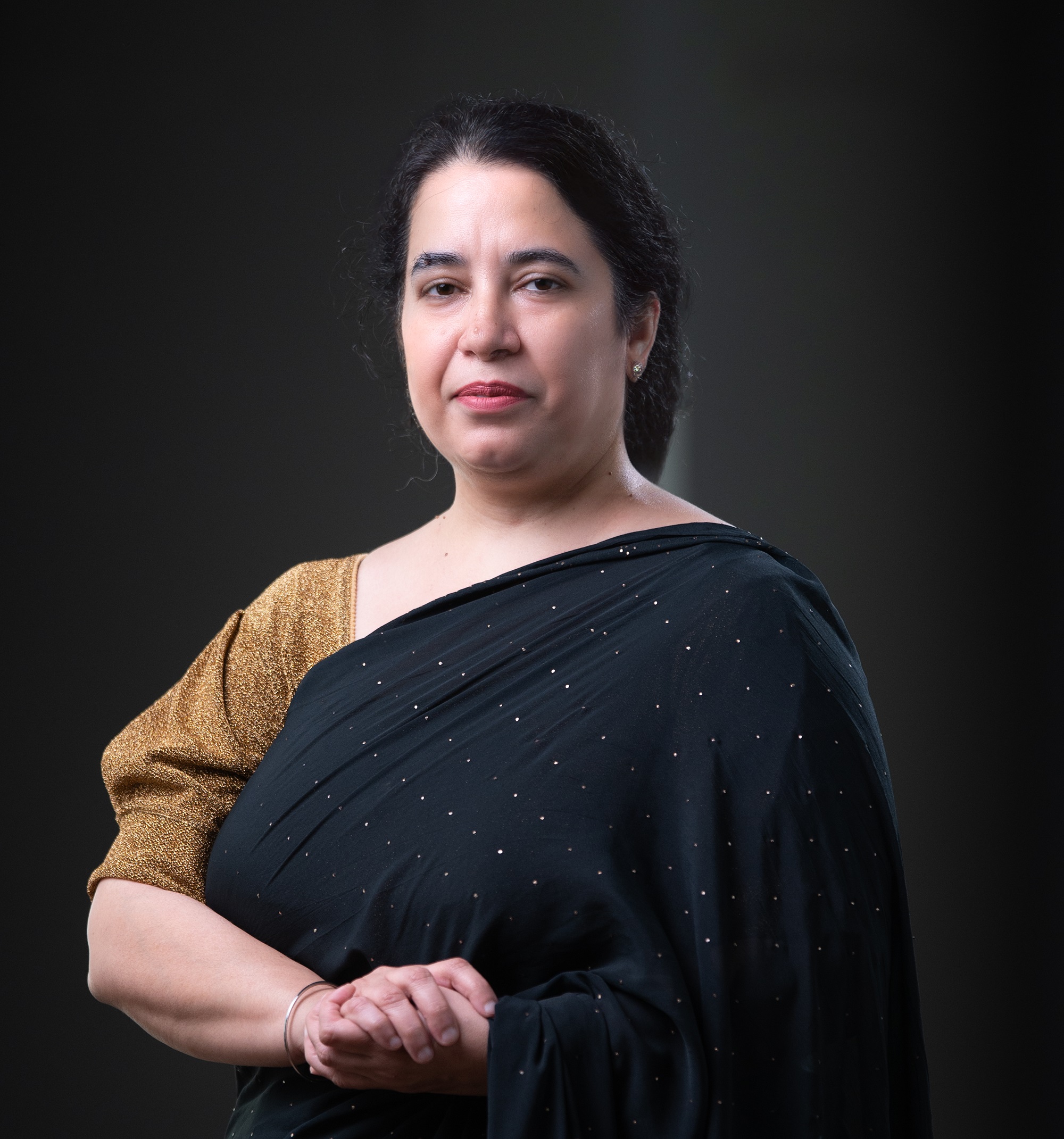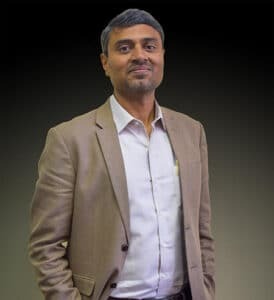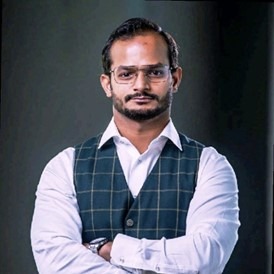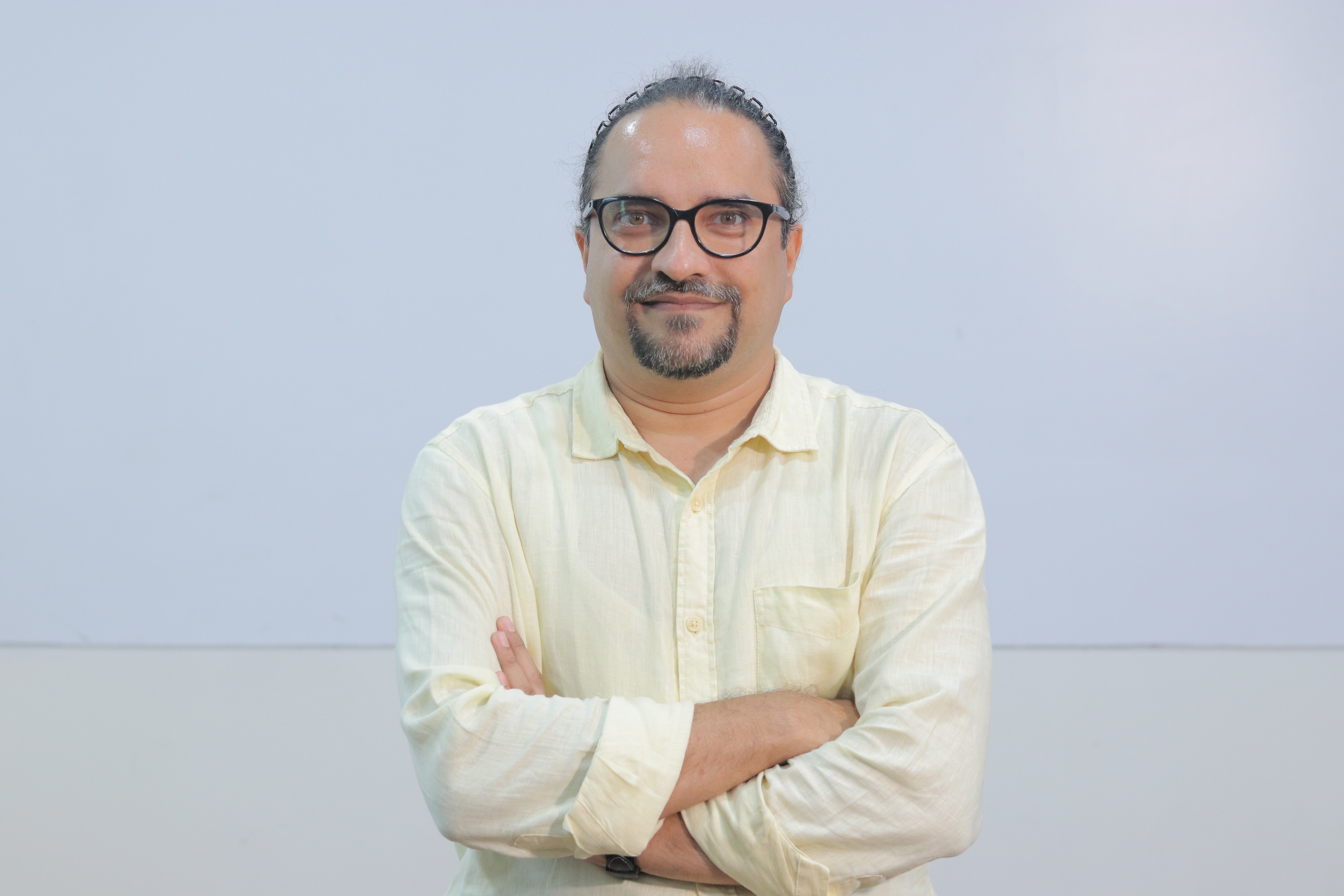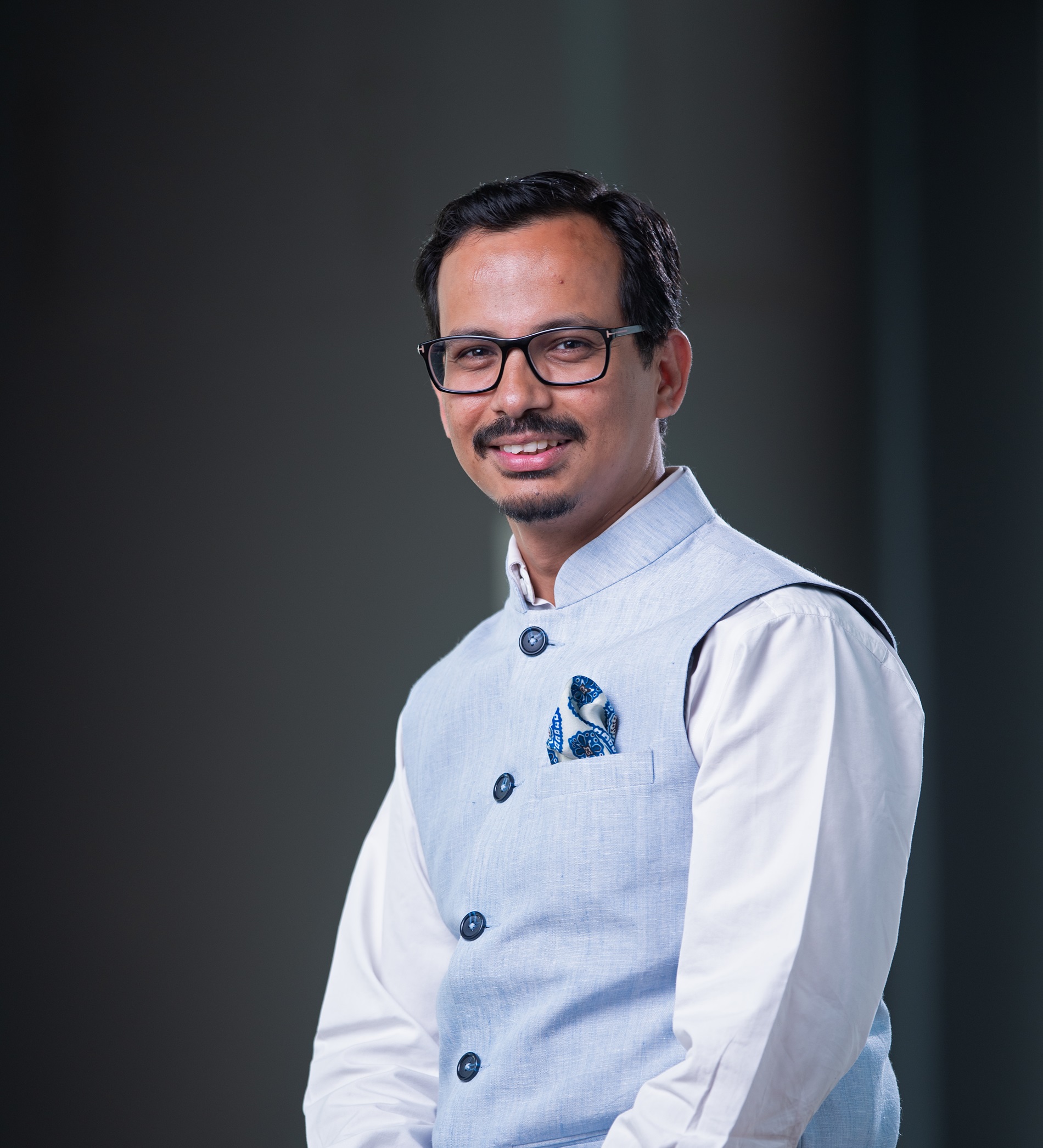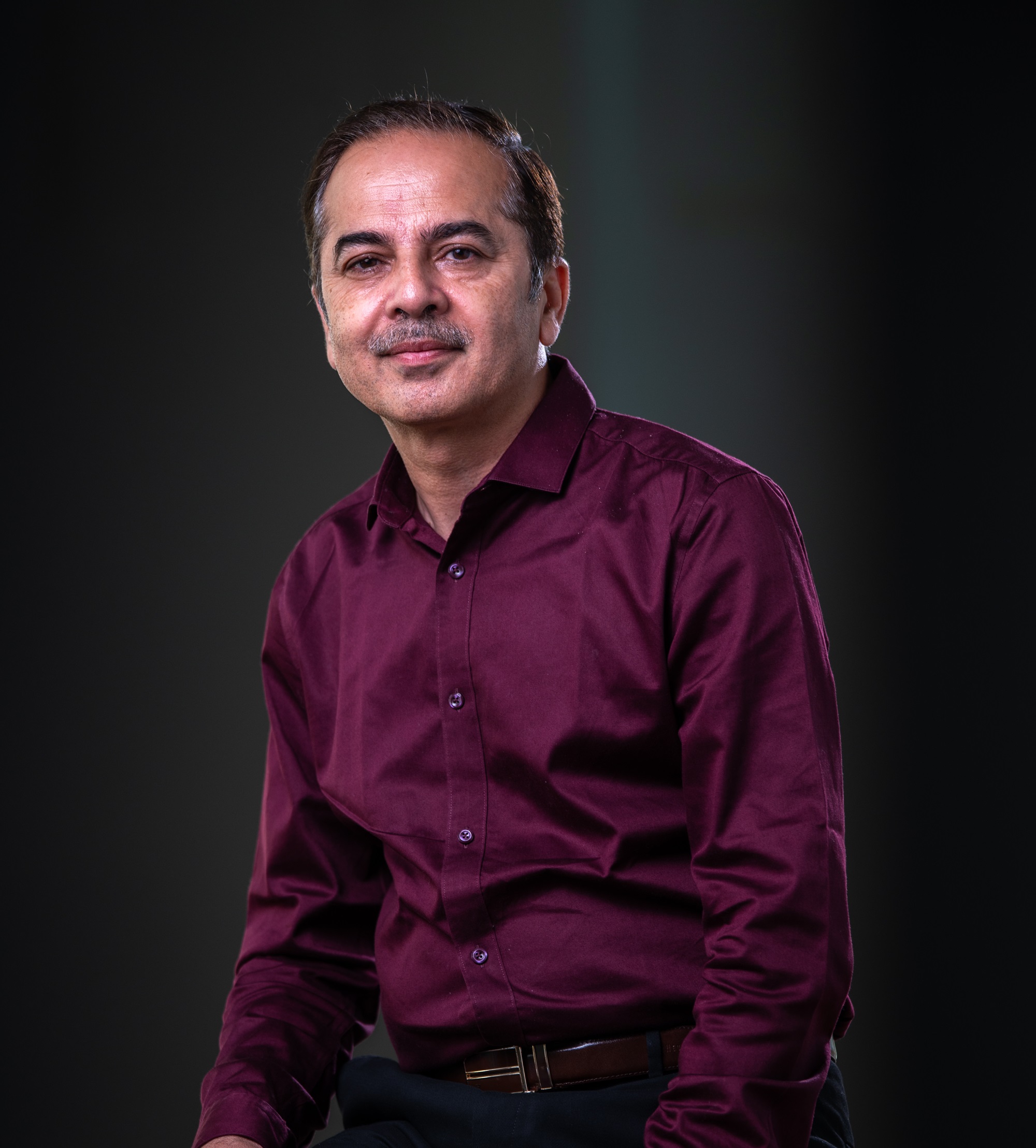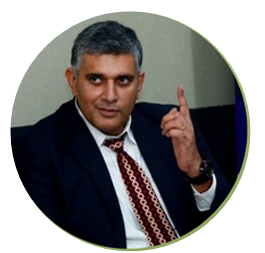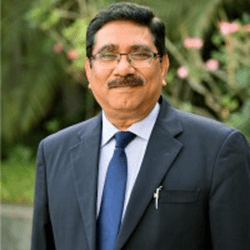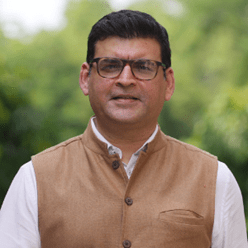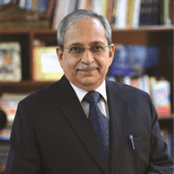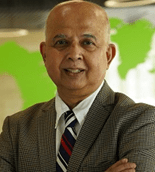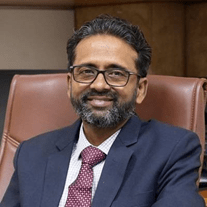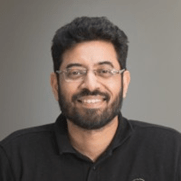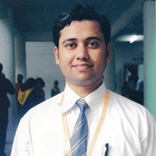ENTREPRENEURSHIP, INNOVATION AND
SOCIETY CONFERENCE
EIS 3.0
INTERNATIONAL CONFERENCE ON AI AND SUSTAINABLE SOLUTIONS FOR A CIRCULAR ECONOMY
Conference on:
19-20th FEBRUARY, 2025
Venue: BML Munjal University, Gurugram
About the Conference
International Conference on Entrepreneurship, Innovation and Society (EIS 3.0): AI and Sustainable Solutions for a Circular Economy
The International Conference on Entrepreneurship, Innovation and Society: AI and Sustainable Solutions for a Circular Economy seeks to shed light on the transformative potential of technology and entrepreneurship in fostering sustainable practices in an era characterised by rapid technological advancement and growing environmental concerns. This conference provides a crucial forum for academics, businesspeople, and thought leaders to come together and discuss creative ways to use artificial intelligence (AI) to build a circular economy.
This conference, organised by the Institute of Innovation and Entrepreneurship in collaboration with the School of Management, School of Law, School of Engineering and Technology, and School of Liberal Studies, brings together diverse voices from a variety of disciplines, including sociology, technology, education, management, psychology, and economics. Our objective is to address major global issues by creating a collaborative environment that emphasises the combination of technology, entrepreneurship, and sustainability.
The theme, "AI and Sustainable Solutions for a Circular Economy," reflects our commitment to exploring how AI-driven innovations can facilitate eco-friendly practices and foster inclusive entrepreneurship.
Conference Tracks*
The "Sustainable Tech for Social Good" track explores the use of technology to tackle societal issues and promote sustainability. It covers IoT solutions for environmental monitoring, renewable energy innovations, smart waste management, sustainable agriculture, digital platforms for community engagement, and disaster management. The track encourages submissions that explore the social, economic, and environmental impacts of these technologies, focusing on how they improve community well-being, create economic opportunities, and contribute to equitable development. The track aims to provide a holistic view of technology's role in building a sustainable future.
- IoT Solutions for Environmental Monitoring: IoT-based sensors and systems provide real-time data to monitor air and water quality, helping to track environmental changes and improve resource management.
- Renewable Energy Innovations: Advancements in solar, wind, and bioenergy technologies offer clean, efficient alternatives to traditional energy sources, reducing carbon emissions and supporting sustainable energy transitions.
- Smart Waste Management Systems: Automated waste management systems use AI and data analytics to optimise collection, recycling, and disposal processes, reducing environmental impact and improving urban sanitation.
- Sustainable Agriculture Technologies: Precision farming, AI-powered irrigation, and drone-based crop monitoring enhances agricultural productivity while minimising resource use and environmental strain, ensuring sustainable food production.
- Digital Platforms for Community Engagement: Mobile apps, social media, and AI-driven platforms foster civic participation, improve access to health and education services, and empower communities to drive social change.
- Technology in Disaster Management and Relief: IoT and AI-enabled early-warning systems and disaster response technologies enhance preparedness and recovery efforts, helping save lives and minimise damage during crises.
- Technology for Social Inclusion: Fintech solutions and digital platforms for financial inclusion provide marginalised communities with access to essential services, promoting economic empowerment and reducing inequality.
The "Circular Economy & Entrepreneurship" track explores sustainable business models and practices, focusing on resource efficiency, waste reduction, and material use. It highlights the intersection of entrepreneurship and circular economy principles, emphasizing longevity, waste-to-resource innovations, resource sharing, closed-loop supply chains, and regenerative business practices. Policy frameworks for supporting circular economies will be addressed, and participants will engage with thought leaders to drive entrepreneurship, foster sustainability, and create lasting positive change.
- Designing for Longevity: . Creating products with durability and repairability in mind minimizes waste and encourages consumers to invest in items that last longer.
- Waste-to-Resource Innovations: Innovative technologies and processes can convert waste materials into valuable resources, reducing environmental impact while generating new economic opportunities.
- Business Models for Resource Sharing: Collaborative consumption models enable individuals and organizations to share products and services, optimizing resource use and fostering community engagement.
- Closed-Loop Supply Chains: By reclaiming and recycling materials at the end of a product's life cycle, companies can create sustainable supply chains that reduce waste and reliance on new resources.
- Regenerative Business Practices: These practices focus on restoring and replenishing natural ecosystems while providing economic value, promoting biodiversity, and enhancing environmental health.
- Policy Frameworks for Supporting Circular Economies: Effective regulations and incentives are essential for encouraging businesses to adopt circular economy principles, fostering collaboration and innovation in sustainable practices.
The "AI & Digital Transformation in Entrepreneurship" track delves into the transformative role of AI and digital technologies in modern business practices and entrepreneurship. As digitalization accelerates, AI drives innovation, optimizing operations, enhancing customer experiences, and developing sustainable solutions. AI is used for predictive analytics, allowing entrepreneurs to forecast trends and make informed decisions. Machine learning is used for sustainable product development, optimizing design and manufacturing processes. AI is also used in supply chain optimization, improving inventory management and logistics. Chatbots and customer engagement are crucial for entrepreneurship, enabling personalized support and improved user experience. Ethical AI development is emphasized, emphasizing transparency, fairness, and accountability. The discussion will also explore AI-enabled business models, focusing on creating innovative value propositions, enhancing operational efficiency, and gaining competitive advantages in a rapidly evolving marketplace.
- AI for Predictive Analytics in Business: By analyzing historical data and identifying trends, AI enables businesses to forecast future outcomes and make strategic decisions that enhance efficiency and profitability.
- Machine Learning for Sustainable Product Development: Machine learning algorithms can optimize the design and production processes, allowing companies to create eco-friendly products while minimizing waste and resource consumption.
- AI in Supply Chain Optimization: AI technologies improve supply chain efficiency by predicting demand, optimizing inventory levels, and enhancing logistics, ultimately reducing costs and increasing responsiveness.
- Chatbots and Customer Engagement: AI-powered chatbots provide instant, personalized support to customers, improving engagement and satisfaction while freeing up human resources for more complex inquiries.
- Ethical AI Development: Developing AI responsibly involves ensuring fairness, transparency, and accountability in AI systems, thereby building trust and safeguarding the interests of consumers and society.
- AI-enabled Business Models for the New Economy: Entrepreneurs can leverage AI to create innovative business models that enhance customer experiences, drive efficiency, and enable new revenue streams in a rapidly changing market landscape.
The "Green Manufacturing & Industrial Innovation" track aims to explore sustainable practices and innovative technologies in the manufacturing sector, focusing on reducing environmental footprints and driving operational efficiency. It will explore sustainable materials, energy efficiency, additive manufacturing, lifecycle assessment, and smart factories. Eco-friendly materials can minimize waste and pollution, while advanced technologies optimize energy use, lower operational costs, and reduce greenhouse gas emissions. 3D printing technologies enable precise production, while lifecycle assessment evaluates environmental impacts throughout products' lifecycle. Smart factories and automation integrate IoT devices, data analytics, and automation technologies, enhancing operational efficiency and real-time resource usage monitoring. Participants will engage with thought leaders and innovators in green manufacturing to foster economic growth and positive environmental impact.
- Sustainable Materials and Processes:Utilizing eco-friendly materials and innovative processes minimize environmental impact and promote responsible manufacturing Practices.
- Energy Efficiency in Manufacturing: Implementing energy-efficient technologies and practices significantly reduce energy consumption, lower costs, and minimize greenhouse gas emissions.
- Additive Manufacturing and Sustainability:3D printing technologies facilitate precise production, reducing waste and enabling the creation of complex designs with minimal material usage.
- Lifecycle Assessment in Industrial Production: Analyzing the environmental impact of products throughout their entire lifecycle help manufacturers identify opportunities for sustainability improvements.
- Smart Factories and Automation: Integrating IoT and automation technologies enhances operational efficiency, optimizes resource usage and enables real-time monitoring for greener manufacturing processes.
The "Social Innovation & Inclusive Entrepreneurship" track aims to promote inclusive economic growth and social change by leveraging technology and innovative business models. It emphasizes the empowerment of marginalized communities and sustainable solutions to social challenges. Key themes include empowering women entrepreneurs, enhancing access to resources, networks, and markets, and promoting gender equality. Microfinance and technology play a crucial role in making financial services more accessible to underserved populations. Technology-enabled vocational training equips individuals with essential skills for employment or entrepreneurship. Community-based business models and public-private partnerships are explored for social impact. Youth entrepreneurship is also highlighted, empowering young people to develop entrepreneurial skills and create job opportunities.
- Empowering Women Entrepreneurs through Technology: Leveraging digital tools enables women entrepreneurs to access resources, networks, and markets, fostering economic empowerment and gender equality.
- Microfinance and Technology:Innovative micro-lending platforms use technology to provide financial services to underserved populations, helping them launch and expand their Businesses.
- Technology-Enabled Vocational Training: Digital training programs equip individuals with essential skills for employment or entrepreneurship, bridging the skills gap in various Industries.
- Community-Based Business Models: Local initiatives and cooperatives create economic opportunities by addressing specific community needs through collaboration and resource Sharing.
- Public-Private Partnerships for Social Impact: Collaborations between government, businesses, and non-profits lead to innovative solutions for social issues, maximizing impact and effectiveness.
- Youth Entrepreneurship: Empowering young people to develop entrepreneurial skills encourages innovation and job creation, driving economic growth within their communities.
The "Education for Sustainable Entrepreneurship" track aims to develop innovative educational practices to prepare future entrepreneurs to tackle sustainability challenges. It emphasizes curriculum development for sustainability, experiential learning, technology integration, and cross-disciplinary approaches. The track emphasizes the importance of ethical practices, social responsibility, and environmental stewardship in entrepreneurial endeavours. It also highlights the role of digital tools in enhancing learning experiences and promoting collaboration among aspiring entrepreneurs. The track seeks to empower future entrepreneurs with the knowledge and skills to drive positive change in their communities.
- Curriculum Development for Sustainability: Creating educational frameworks that integrate sustainability principles ensure students understand the importance of ethical practices and environmental stewardship in entrepreneurship.
- Experiential Learning in Entrepreneurship: Hands-on, real-world experiences empower students to apply theoretical knowledge, fostering innovation and problem-solving skills in addressing sustainability challenges.
- Technology Integration in Education:Leveraging digital tools enhances learning experiences, facilitates access to information, and supports collaboration among aspiring entrepreneurs in a rapidly evolving landscape.
- Cross-Disciplinary Approaches to Entrepreneurship Education:Combining insights from various fields encourage holistic problem-solving and foster innovative solutions that contribute to sustainable development
Special Tracks
Brief about the track:
This track will showcase real-world case studies from various sectors where innovative applications of technology, AI, and sustainable practices have significantly advanced the circular economy and social good. Through these examples, participants will gain insights into practical challenges, solutions, and measurable impacts, helping bridge the gap between theoretical knowledge and applied success.
Academicians, Practitioners, Start-up founders, Doctoral scholars, and post-graduate students are encouraged to send their original, unpublished work in the form of Extended Abstracts/Full cases to the conference. The submissions are to be included in any one of the following tracks in line with, but not limited to, the conference theme:
i. Startups
Startups showcasing disruptive innovations that align with circular economic principles, from developing eco-friendly products to pioneering zero-waste solutions.ii. Individual Leaders, Change Makers, and Evangelists
Inspiring stories of individuals who championed sustainable practices and overcame significant hurdles to achieve impact. These case studies shall reveal the role of personal commitment and vision in driving transformational change within organizations and communities.iii. Teams that Overcame Unique Challenges
Examples of cohesive teams that tackled complex sustainability challenges, from developing breakthrough technologies to launching sustainable business models. These cases shall focus on collaborative problem-solving and the dynamics of teamwork in addressing environmental issues.iv. Corporates Beyond Traditional Silos
Cases from corporations that transcended conventional business practices to embed sustainability deeply into their operations. Highlights shall include initiatives that redefined organizational culture, introduced circular models, or fostered cross-departmental sustainability collaborations.v. Policy Makers Who Made It Happen
Stories of policymakers and agencies who enacted groundbreaking regulations or incentives to support sustainable development. These cases shall explore the design and impact of policies that enabled sustainable practices across industries, proving the importance of governance in circular economy success.vi. Institutions Setting the Agenda for Technology and Sustainability
Academic and research institutions that led the way in promoting sustainable technology and innovation. These cases shall illustrate how institutions can shape public discourse, support pioneering research, and influence industries toward environmentally conscious practices.vii. NGOs and Philanthropic Organizations
Examples of non-profits and philanthropic groups that championed sustainable initiatives, mobilized communities, or provided critical resources for green projects. These cases shall underscore the role of NGOs in addressing social and environmental issues that traditional market actors may overlook.We welcome innovative stories of transformation and impact, even if they do not perfectly match the categories outlined above.
Industry leaders sharing insights and practical experiences in implementing sustainable and innovative business models.
- IoT for Environmental Monitoring: Real-time tracking of air and water quality using IoT sensors.
- Renewable Energy Innovations: Advancements in solar, wind, and bioenergy technologies for sustainable solutions.
- Smart Waste Management: Optimizing waste collection, recycling, and disposal through AI and data analytics.
- Sustainable Agriculture: Precision farming and AI-powered solutions for eco-friendly agriculture.
- Technology for Disaster Management: IoT and AI in early warning systems and crisis response.
- Technology for Social Inclusion: Digital platforms and fintech solutions enhancing access for marginalized communities.
*Submissions beyond the scope of the themes are
also welcome.
*Case studies, poster
presentations, and perspective papers are highly
encouraged as a part of the submission for the
conference.
KNOWLEDGE PARTNERS
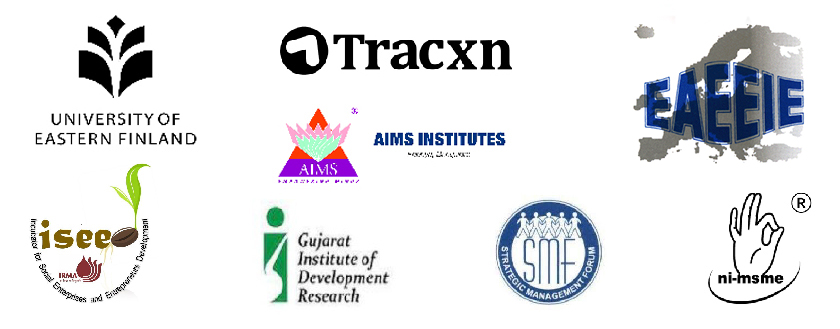
STARTUP PARTNERS

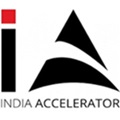
PUBLICATIONS

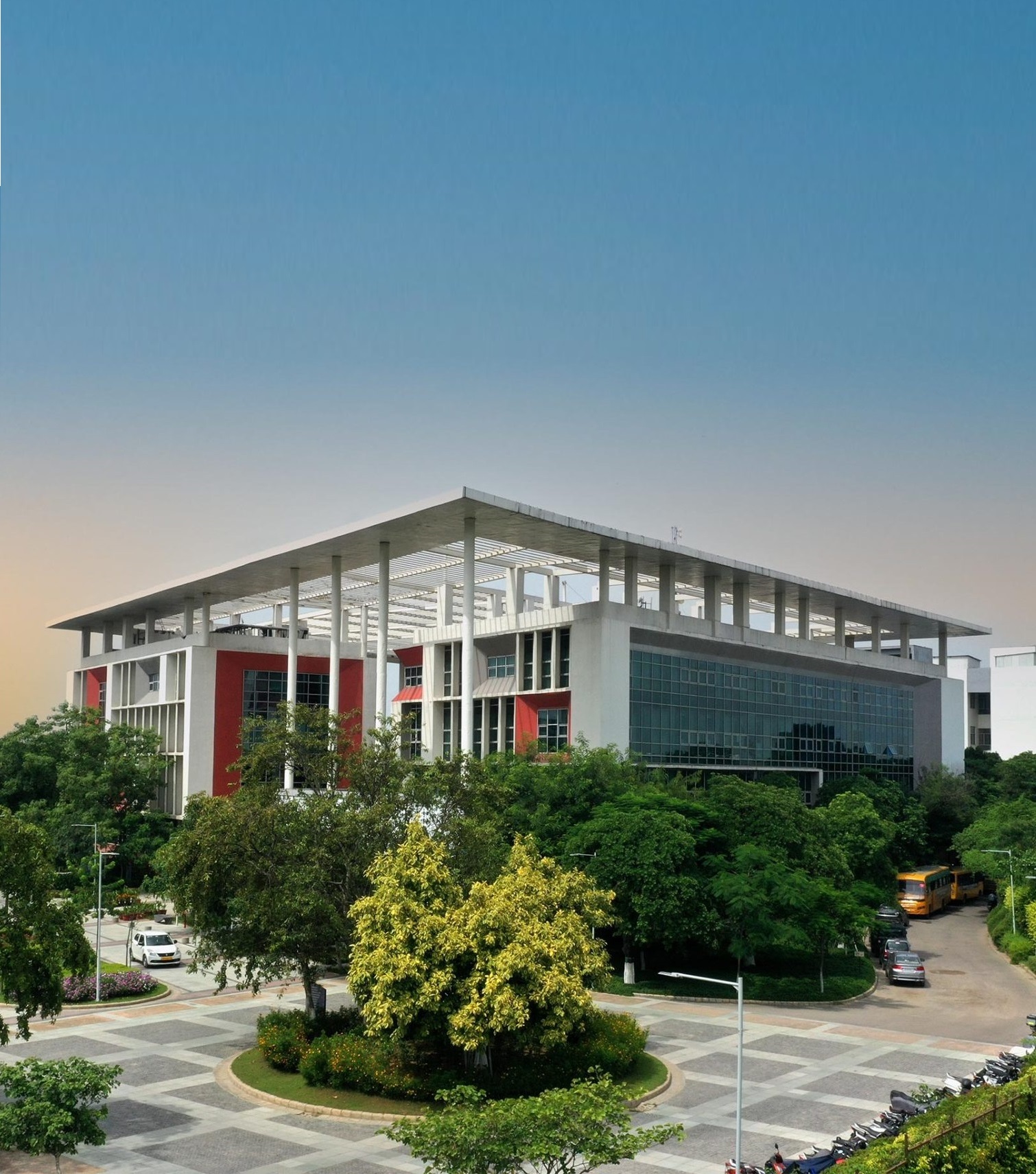
Institute of Innovation and Entrepreneurship (I2E)
It has been established in collaboration with Imperial College London to facilitate cross-border innovation, research and training. I3 –Institute of Inclusive Innovation: Aims to establish & sustain an international platform by:
- Facilitating innovation across borders
- Knowledge creation and research opportunities
- Cross-border collaborative teaching
- Research and training programmes
The Institute of Innovation and Entrepreneurship (I2E) at BMU is a prime driving force behind the Innovation and Entrepreneurship agenda at the university through the following.
TSEC, E-CELL, BMU was formed with the vision of giving aspiring entrepreneurs a strong foundation upon which their start-ups could be established. The TSEC Club provides a productive platform for networking and interaction. It organizes various events such as leadership lectures, workshops, B-Plan competitions, innovative games, etc that help in the development of entrepreneurial skills and knowledge. The Club provides necessary resources such as mentoring, consultancy, and seed funding to help students achieve their entrepreneurial objectives successfully. Eminent entrepreneurs enlighten the students about the important aspects of entrepreneurship to boost their entrepreneurial journey. With these motivations, the E-Cell has organised a number of successful events, including the Start-Up Exhibition, Financial Workshops led by industrialists like Vinay Nagia, an event on the stock market in collaboration with StockPe, Growth Mindset Workshops, and many others.
The incubator hub at the campus with contemporary facilities required for supporting the start-up ventures. BMU has set up an ACIC -BMU foundation to Create an ecosystem to nurture ‘ENTREPRENEURS’ who are innovative, tenacious, ethical, and have a great zeal to create economic value and societal impact through their ventures. The ACIC at BMU is supported by Niti Aayog and is a pre incubation facility as envisaged in the ACIC charter set by Niti Aayog.
Propel is the BMU incubator which offers incubation to Full-time/Part-time BMU students (current/alumni) intending to nurture their business ideas. While in incubation, these students not only get to avail the various facilities of the incubator but also interact and learn from the experiences of other entrepreneurs. They get to meet their mentors during various mentoring sessions and learn the nitty-gritty of incorporating a company, validating a business model, formulating a go-to-market strategy, building a core team, and many more.
INSTITUTION INNOVATION COUNCIL (IIC) was established in the collaboration with MHRD Innovation Cell at AICTE. The council provides the operational leadership for innovation and entrepreneurship activities being conducted among the students and faculty of BMU.
CHIEF GUEST AND KEYNOTE SPEAKER

Prof. Seeram Ramakrishna is a world-renowned professor at the National University of Singapore (NUS), which is ranked among the top 8 universities in the world. He is named among the World’s Most Influential Minds and highly cited cross-field researcher. His publications received over 196,765 citations and 204 H-index. Highest professional distinctions include an elected International Fellow | Academician of Chinese Academy of Engineering; UK Royal Academy of Engineering (FREng); Indian National Academy of Engineering; ASEAN Academy of Engineering and Technology; and Singapore Academy of Engineering. He received a PhD from the University of Cambridge, UK, and TGMP from Harvard University, USA. He received advanced research experiences from MIT and Johns Hopkins University, USA and KIT, Japan. His academic leadership includes NUS’s Vice-President (Research Strategy); Dean of NUS Faculty of Engineering; Director of NUS Enterprise; Director of NUS Nanoscience & Nanotechnology Initiative; and Founder of the Global Engineering Deans Council. He advocates circular economy towards zero waste and decarbonization (https://honourinternational.sg/speakers/).
Website: https://cde.nus.edu.sg/me/staff/ramakrishna-seeram-2/
GUEST OF HONOUR & KEYNOTE SPEAKER

Director, Rajiv Gandhi Institute of Contemporary Studies
Founder & Chairman, BASIX Social Enterprise Group
Mr. Vijay Mahajan is a visionary leader in social entrepreneurship and rural development. An alumnus of IIT Delhi and IIM Ahmedabad, he founded PRADAN (1983) and the BASIX Social Enterprise Group (1996), impacting millions through sustainable livelihoods and microfinance.
He serves as Chair of the Consultative Group to Assist the Poor (CGAP) and is the author of The Forgotten Sector with over 100 publications on rural development. His work continues to inspire sustainable and inclusive growth globally.
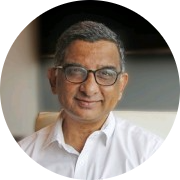
MSR is the CEO of T-Hub Hyderabad, where he leads the vision and strategy to build a world-class innovation ecosystem supporting entrepreneurs, innovators, and corporates. With over three decades of experience in the IT industry, he co-founded and successfully exited two ventures: Aujas (acquired by NSEIT in 2019) and Network Solutions (acquired by IBM in 2005).
As a Partner at Social Venture Partners, he coaches startups and social enterprises, leveraging his expertise in design thinking and executive coaching to accelerate growth. A Charter Member of TiE, he is passionate about fostering a culture of innovation and entrepreneurship both in India and globally.
INVITED SPEAKERS
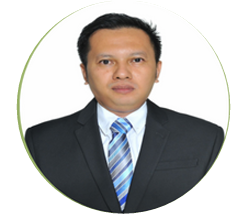
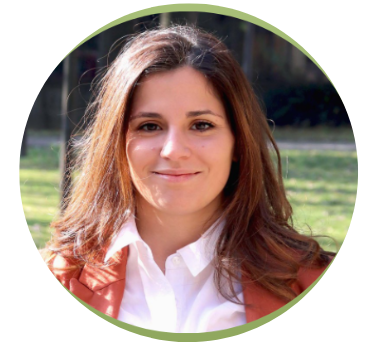






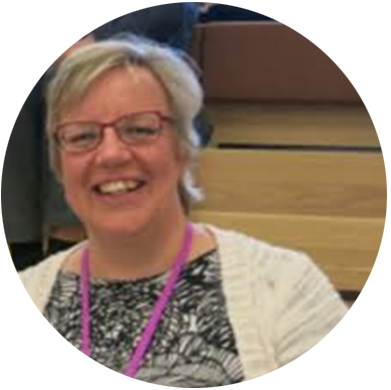

CONFERENCE ADVISORY BOARD
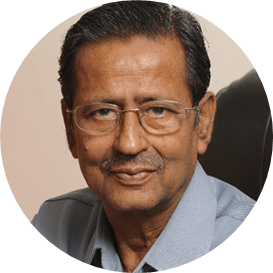

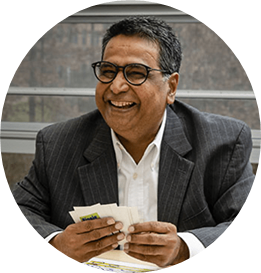
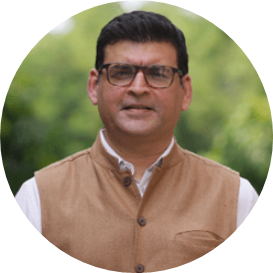

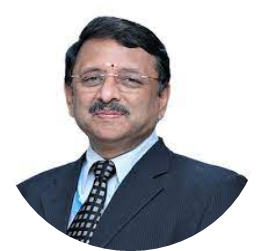
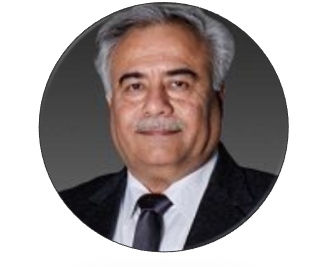
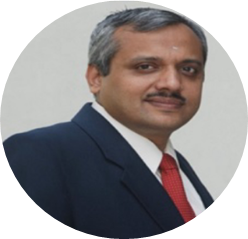
Patron's Message
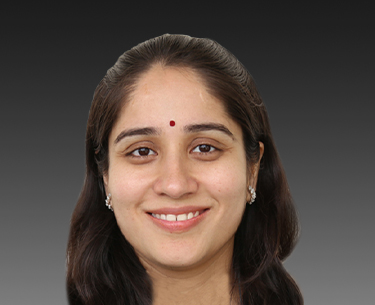
It is with great enthusiasm that I welcome all participants, organizers, and guests to the EIS Conference 3.0. This year’s theme, “Innovating for a Sustainable Future: Technology, Entrepreneurship, and Society,” reflects the urgent need to address today’s global challenges.
At BMU, we are inspired by the legacy of an individual whose entrepreneurial spirit went beyond business—a visionary who exemplified innovative thinking and a transformative approach to both personal and professional life. This ethos forms the foundation of our university, where entrepreneurial thinking is nurtured not only as a means of building businesses but as a way of addressing pressing societal challenges
This conference’s focus on Sustainable Tech for Social Good, Circular Economy & Entrepreneurship, and AI & Digital Transformation is especially timely. These areas highlight the transformative power of technology to address climate change, resource depletion, and social inequalities. Moreover, sessions on sustainable manufacturing will explore innovative ways to optimize industrial processes for environmental and social impact.
Entrepreneurship, as we see it, is about more than business—it’s about creating systems and solutions for a better world. By integrating environmental, social, and economic considerations into education, BMU is committed to cultivating a generation of sustainable entrepreneurs. Hosting this conference reflects our mission to bridge the gap between academics and practice, bringing experts and practitioners together to inspire action.
I am confident that EIS Conference 3.0 will serve as a platform for collaboration and innovation, paving the way for a more sustainable and equitable future. I encourage all participants to engage actively, share insights, and contribute to building lasting impact.
Wishing the conference success!
Ms. Swati Munjal
President, BMU
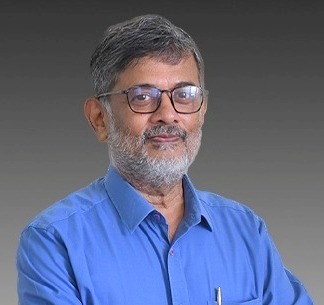
I am delighted to welcome you to the 3rd International Conference on Entrepreneurship, Innovation, and Society (EIS 3.0) at BML Munjal University. This year’s theme, “Artificial Intelligence and Sustainable Solutions for a Circular Economy,” underscores the university’s commitment to fostering innovation that aligns with sustainable and responsible practices. As we navigate a world marked by rapid technological advancement, it becomes essential to leverage such innovations to address pressing environmental and social challenges.
EIS 3.0 is a collaborative platform where researchers, industry leaders, and entrepreneurs can investigate AI's transformational potential and sustainable approaches for establishing a circular economy. This conference promotes cross-disciplinary interaction, allowing participants to share information, exchange ideas, and form networks to achieve meaningful change. Our conference tracks, which include Sustainable Technology for Social Good, Circular Economy and Entrepreneurship, AI and Digital Transformation, and others, offer a thorough overview of how these themes connect with social well-being and economic progress.
I extend my gratitude to the organizers, our esteemed speakers, and all participants who have contributed their time and expertise. Your dedication and insights are invaluable to advancing knowledge and promoting sustainable solutions. Together, we can make meaningful strides toward a future that prioritizes both innovation and environmental
Welcome to EIS 3.0. Let us embrace this opportunity to learn, innovate, and inspire.
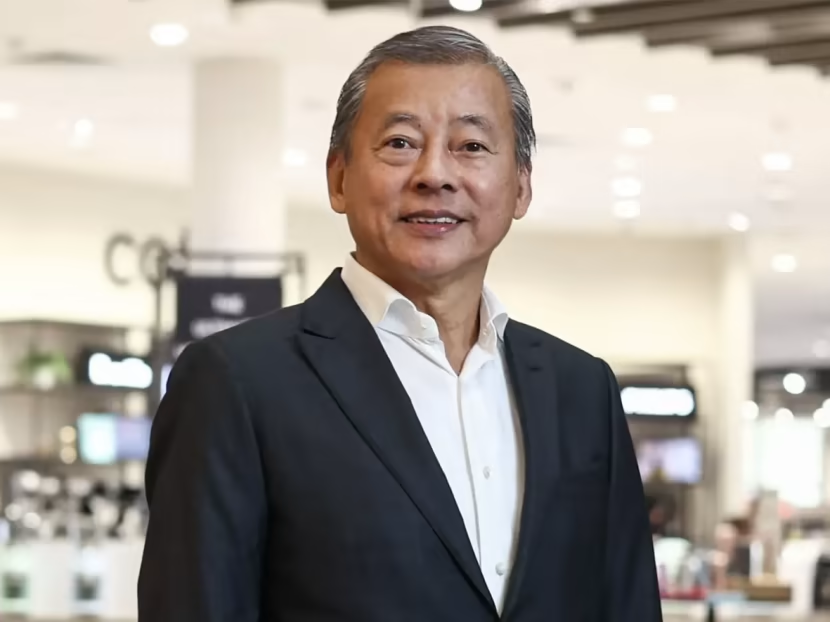
I am delighted to see the Third Edition of Entrepreneurship, Innovation, and Society (EIS) conference 3.0 at BMU being launched. As the founder chairman of the Institute of Innovation and Entrepreneurship of BML Munjal University, my dream is to see a generation of young entrepreneurs transform society and families with innovation, entrepreneurial creativity and the courage to make a difference. With increasing geopolitical tension, inflation and signs of economic recession, it is crucial for entrepreneurs to use their talents for social good and to improve the lives of the man on the street.
I am glad to see the I2E growing from strength to strength and with this EIS conference, I am sure that many more young entrepreneurs will receive valuable mentoring and guidance so they can forge the paths they are determined to take. It would provide a platform for networking and the exchange of ideas by bringing together a confluence of Start-Ups, Founders, Investors, and Academia at BMU on February 19th & 20th 2025.
MESSAGE FROM CONFERENCE CHAIR
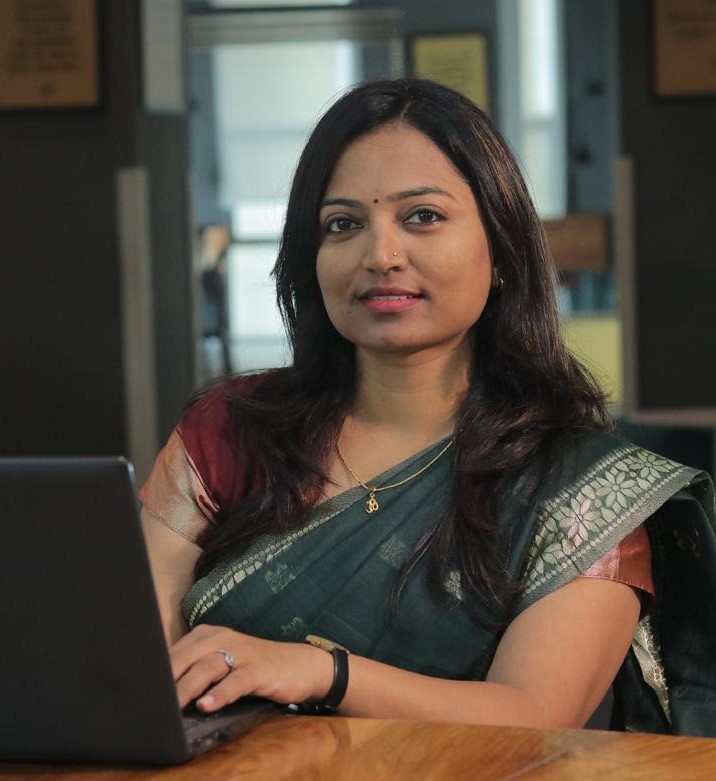
Conference Chair
Dear Colleagues, Innovators, and Changemakers,
It is with great enthusiasm that I welcome you to the Entrepreneurship, Innovation, and
Society (EIS 3.0) Conference, scheduled to be held on February 19–20, 2025, at BML
Munjal University, Gurgaon. This year’s theme, “AI and Sustainable Solutions for a
Circular Economy,” reflects our commitment to addressing critical global challenges
through collaborative innovation.
As Chair of EIS 3.0, I am thrilled to witness the evolution of this conference into a premier
platform for fostering interdisciplinary conversations at the intersection of technology,
entrepreneurship, and sustainability. Over the past editions, EIS has consistently
demonstrated its ability to convene a diverse community of academics, industry leaders,
policymakers, and entrepreneurs to explore innovative solutions and chart a path toward a
more sustainable future.
The 2024 edition of EIS witnessed an overwhelming response with over 50 abstract
submissions spanning 7 thematic tracks, featuring participants from 7 countries, including
India, Finland, Italy, the UK, Tunisia, Mauritius, and Tanzania. Notable collaborations
with institutions like the University of Eastern Finland, University of Bologna, and
University of Mauritius, as well as leading Indian universities, underscore the global and
interdisciplinary reach of this conference.
This year, EIS 3.0 builds on this strong foundation with an expanded scope and an
exceptional lineup of keynote addresses, panel discussions, paper presentations, and
practitioner-led sessions. Our seven thematic tracks aim to explore transformative ideas
such as AI & Digital Transformation, Circular Economy and Entrepreneurship, Green
Manufacturing, and Social Innovation.
At EIS 3.0, we aim to not just deliberate but also inspire action. As we explore the potential
of AI and sustainable solutions to address pressing issues, I encourage all participants to
collaborate, exchange ideas, and develop actionable strategies that can create lasting impact.
On behalf of the organizing committee, I invite you to join us in this incredible journey of
innovation, collaboration, and sustainability. Let us work together to shape a future where
entrepreneurship drives meaningful change for society and the planet.
I look forward to welcoming you to BML Munjal University in February 2025.
Organizing Committee
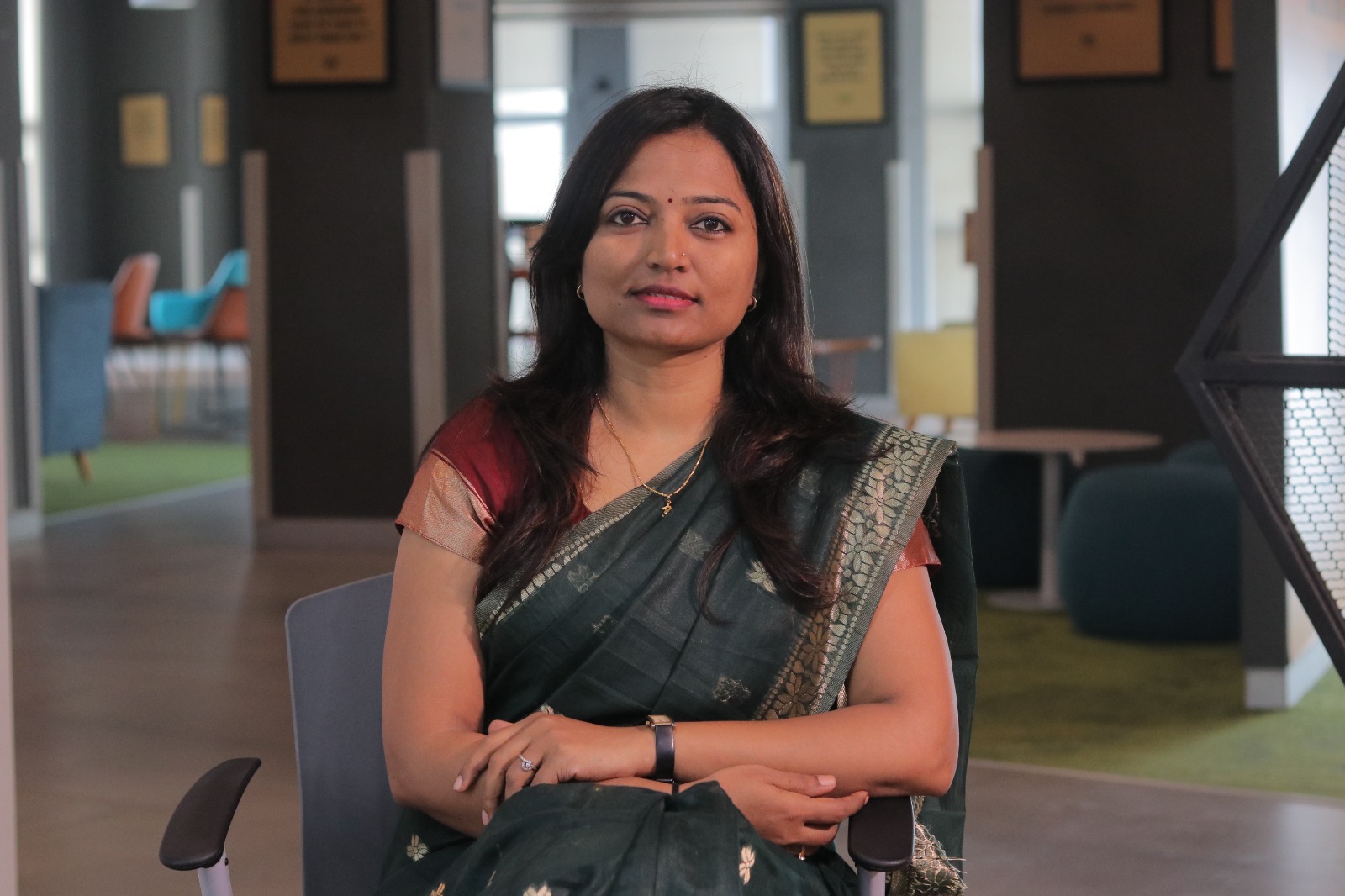
Chair
E: nirupama@bmu.edu.in
Ph: +91-911369090

Co Chair
E: ritu.chhikara@bmu.edu.in
Ph: +91-999977988
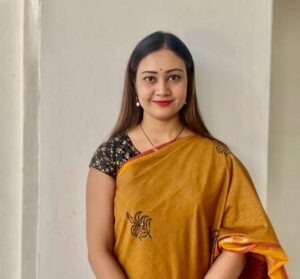
Co chair
E: jolly.masih@bmu.edu.in
Ph: +91-8427051896
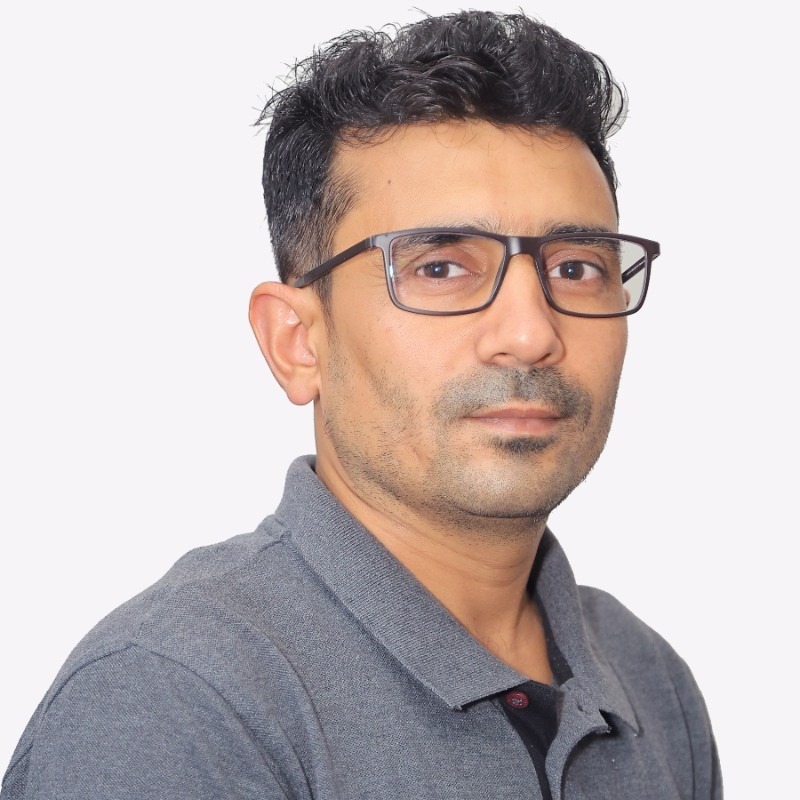
Convener E: kulbir.lamba@bmu.edu.in Ph: +91 9717919993
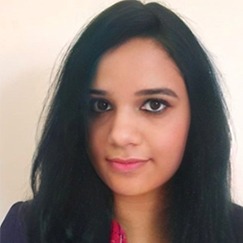
Co Convener
E: sakshi.chhabra@bmu.edu.in
Ph: +91 9928852107
Conference Secretariat



Highlights from the EIS 3.0 Pre-conference Workshop at NI-MSME, Hyderabad on December 13, 2024
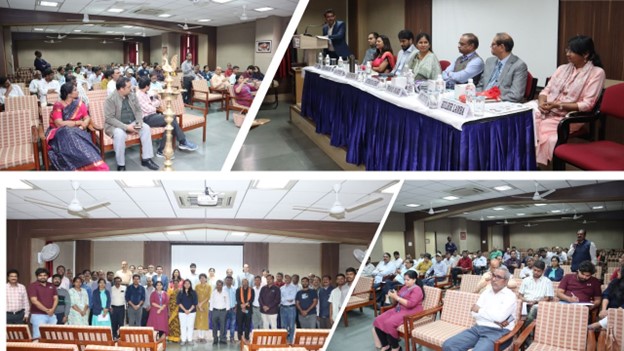
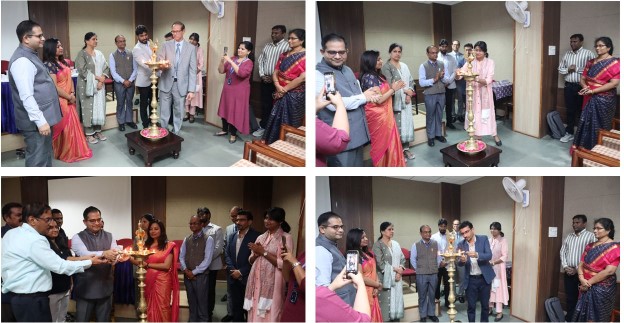
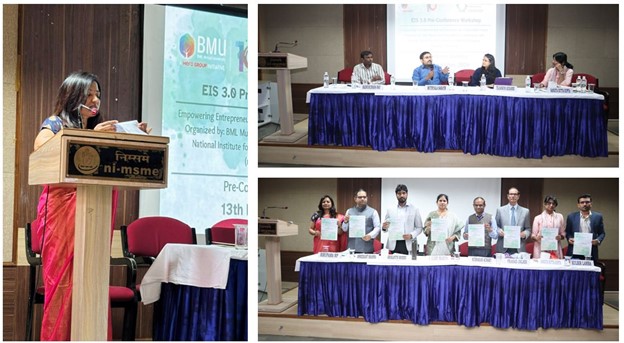
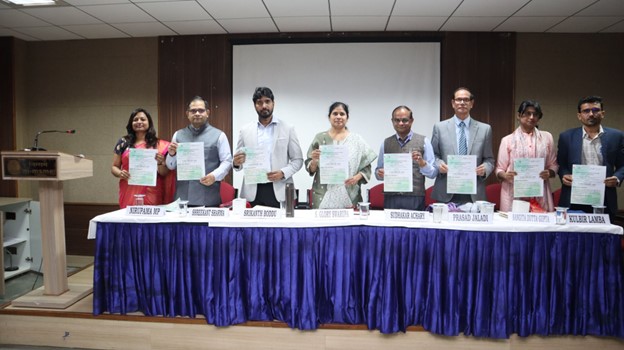
Deans Advisory Committee
Directors Committee
STUDENT COORDINATORS
| Name | Mobile | Position | |
|---|---|---|---|
| 1 | Kartik Mehtani | +91-7827562300 | Event Information |
| 2 | Talisha | +91-9971100527 | Participant Registration |
| 3 | Khushi Bansal | +91-9351671509 | Travel Assistance |
| 4 | Akundi Sridhar | +91-8688964150 | Accomodation |
| 5 | Siddharth Rawat | +91-8171881738 | Paper Submission Queries |
Tentative Conference Schedule
| Time | Day | Activity | |
|---|---|---|---|
| 1 | 10:00 a.m.-11 a.m | Day 1 | Inauguration of the Conference: Speech of VC, Conference chair & deans |
| 2 | 11:15 a.m.- 12:00 noon | Day 1 | Keynote Speaker(s) - Day 1 |
| 3 | 12:15 p.m. - 1:30 p.m. | Day 1 | Panel Discussion-Day 1 |
| 4 | 1:30 p.m. - 2:30 p.m. | Day 1 | LUNCH BREAK |
| 5 | 2:30 p.m.- 4:00 p.m. | Day 1 | Paper Presentation (parallel session) |
| Day - 2 | |||
| 1 | 10:00 a.m. -10:45 a.m. | Day 2 | Key Note Speaker - Day 2 |
| 2 | 11:00 a.m.- 12:30 p.m. | Day 2 | Panel discussion - Day 2 |
| 3 | 12:30 p.m.- 1:30 p.m. | Day 2 | Paper presentation (parallel sessions) |
| 4 | 1:30 p.m. - 2:30 p.m. | Day 2 | Lunch Break |
| 5 | 2:30 p.m. - 4:30 p.m. | Day 2 | Paper Presentation (parallel session) |
| 6 | 5:00 p.m. - 6:00 p.m. | Day 2 | Valedictory Session |
SUBMISSION GUIDELINES
- Reference Style: Use any one style (APA, Chicago, Harvard, etc.).
- Formatting: Times New Roman, 12pt font, 1.5 spacing.
- Abstract Submission:
- Initial Abstract: Max 500 words, due 30th January 2025.
- Extended Abstract: Max 2000 words upon acceptance, due 10th February 2025.
- Format: Submit in PDF/MS Word.
- Authorship: Include all authors with affiliations; up to 3 submissions per author/co- author
IMPORTANT DATES:
- Submission window opens: 15th October, 2024
- Submission of initial abstract extended till: 30th January, 2025
- Initial Abstract Acceptance Notification: 30th December 2024 - 5th February 2025
- Submission of Extended Abstract: 10th February 2025
- Early bird registration: 30th January, 2025
- Last date for registration: 10th February, 2025
PUBLICATIONS
- Conference Proceedings: Selected abstracts will be included in the official conference proceedings with ISBN number.
- Journal Partners & Submissions:
- South Asian Journal of Business and Management Cases (SAJBMC): Full-length papers from selected abstracts can be submitted to this journal. Click here for more details
- International Journal of Electronic Banking (IJEB): Papers aligned with the journal's focus are welcome. Published by Inderscience and indexed in ABDC. Click here for more details
- Vision: The Journal of Business Perspective (MDI Journal): Selected papers can also be submitted to Vision, and published by MDI Gurgaon. Click here for more details
- Journal of Business, Ethics and Society (JBES): Selected papers can also be submitted to BMU’s JBES journal. Click here for more details
Registration Details
| Category |
Early Bird Registration (till 30th January)* |
Regular Registration (till 10th February)* |
|
|---|---|---|---|
| Academician | India | INR 3000 | INR 3500 |
| Foreign | USD 130 | USD 160 | |
| Research Scholars** | India | INR 1500 | INR 2000 |
| Foreign | USD 75 | USD 100 | |
| Industry experts | INR 5000 | INR 8000 | |
**Research scholars can apply for a fee waiver to the organizing committee.
Details for wire transfer (Only for International Delegates)
|
Account Name |
BML MUNJAL UNIVERSITY | |
| Account Number | 50100167133991 | |
| IFS Code | HDFC0000043 | |
| Branch | E-143 | |
| Bank Address | Saket, New Delhi - 110017 | |
| Type Of Account | SAVING ACCOUNT | |
| Bank Name | HDFC Bank | |
| Swift Code | HDFCINBBDEL | |
Venue
BML Munjal University
Address:
- BML Munjal University, 67th KM Milestone, NH-48, Gurugram - 122413, Haryana, India
Housing Information
BML Munjal University is offering limited guest house and hostel room options on a first-come, first-serve basis. Attendees are advised to register as soon as possible to secure their accommodation.
- Guest House: 1,000 INR + 180 INR GST = 1,180 INR per night
- Hostel Single Room: 1,000 INR + 180 INR GST = 1,180 INR per night
- Hostel Double Room: 700 INR + 126 INR GST = 826 INR per night (Sharing)
Name of the Hotel: Fortune Park Orange
Tel : +91-124-2668800
Mobile : +91-8221002818
https://www.itchotels.com/in/en/fortuneparkorange-gurugram?utm_source=google&utm_medium=GMB
ROOM CHARGES :
- Single Occupancy (without breakfast): ₹3150 + 12% tax
- Double Occupancy (without breakfast): ₹4100 + 12% tax
- Single Occupancy (with breakfast): ₹3300 + 12% tax
- Double Occupancy (with breakfast): ₹4400 + 12% tax
Note:
i. These charges apply only for EIS 3.0 conference participants.
ii. Additional nearby hotels can be explored by participants as per their preferences.
Explore Delhi and Gurgaon. Visit the following sites for planning your itinerary

